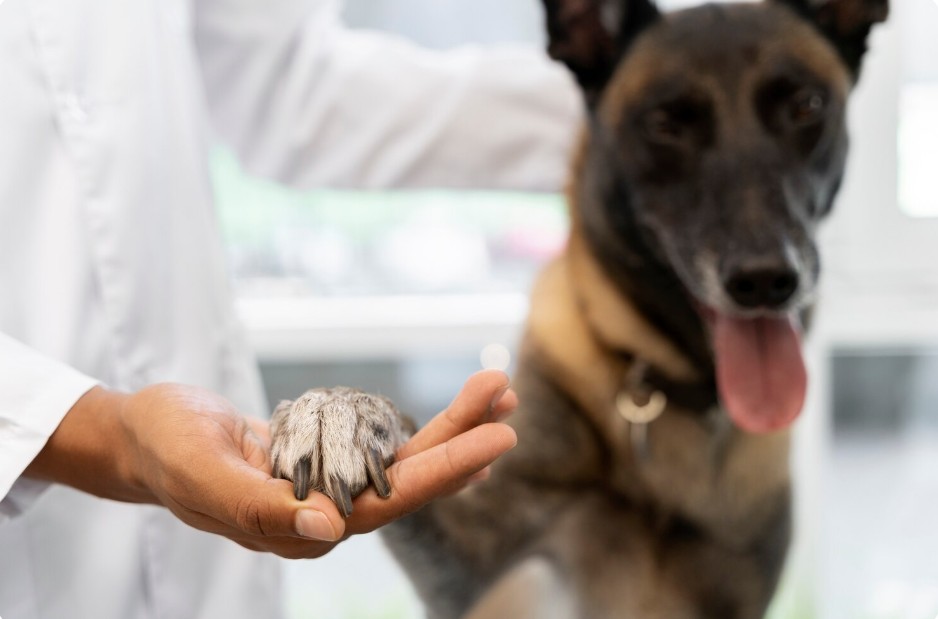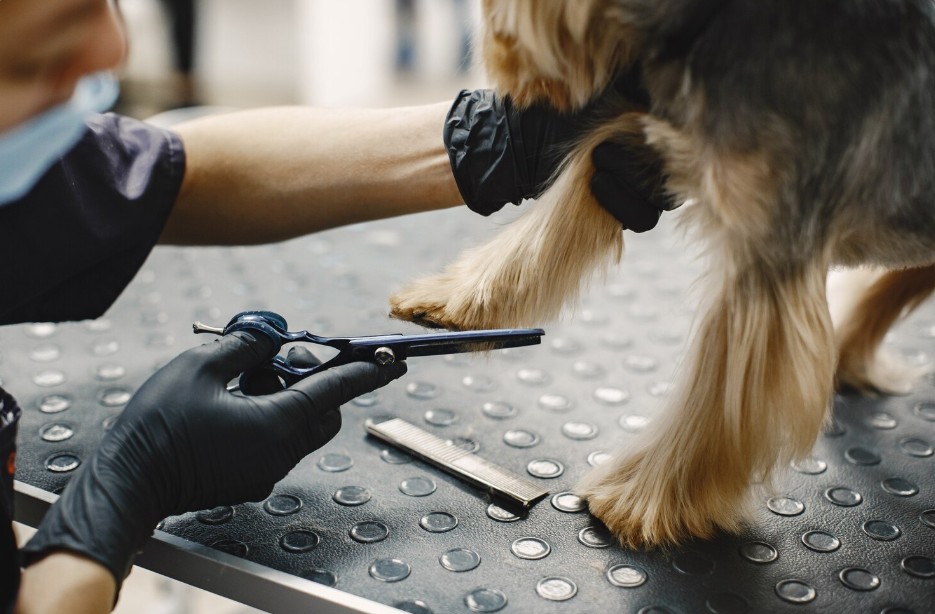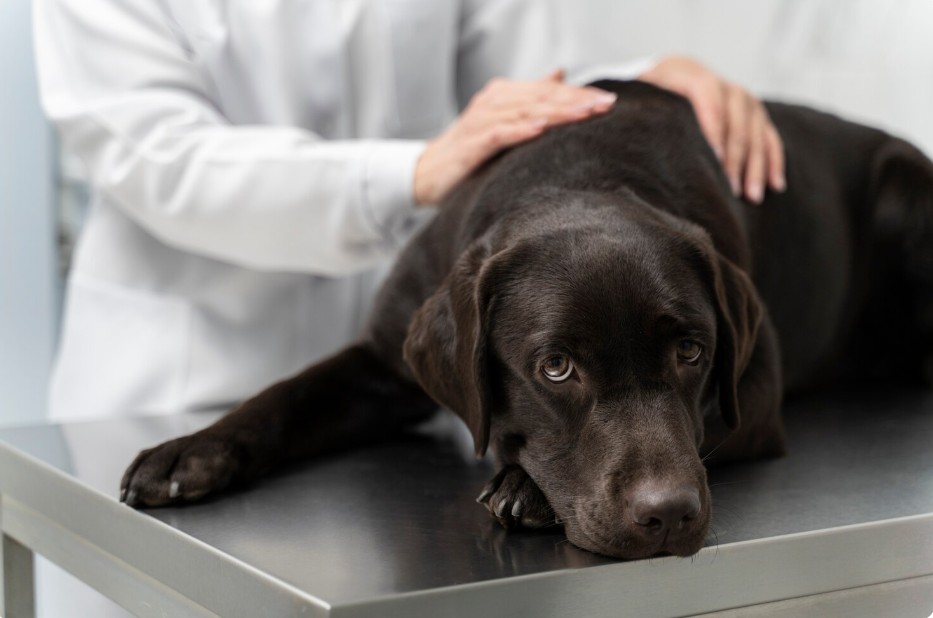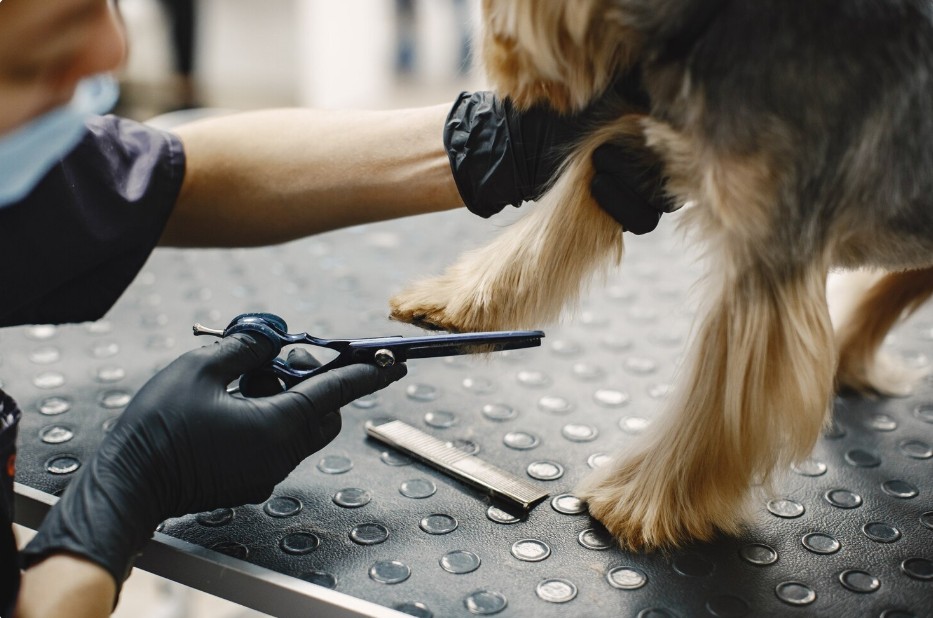As pet parents, we often notice when our dogs act a little off. Maybe they’re not as playful as usual, or they seem uncomfortable after a meal. While occasional stomach upset can be normal, frequent problems may signal something more concerning. Paying attention to early signs can save your dog from unnecessary discomfort and even prevent serious health conditions.
Digestive problems in dogs are more common than many owners realize, but the key is knowing what to look for and when to take action. Let’s walk through how to recognize issues, what causes them, and what you can do to support your furry friend’s health.
Understanding Dog Digestive Issues
The digestive system is responsible for breaking down food, absorbing nutrients, and eliminating waste. When something goes wrong, the effects can show up quickly. Some dog digestive issues may be mild and short-term, but others require veterinary care. Ignoring these problems may lead to dehydration, nutritional deficiencies, or more severe complications.
Key Signs of Trouble
Recognizing the signs of digestive problems in dogs is the first step toward helping them feel better. Here are a few common indicators:
Vomiting or regurgitation after meals
- Loose stools or constipation
- Loss of appetite
- Bloating or visible discomfort
- Fatigue or lack of interest in playtime
Each of these signals can point to different problems, so it’s important to monitor both frequency and severity.
Upset Stomach Symptoms
It’s not unusual for dogs to experience occasional stomach trouble, especially if they sneak food they shouldn’t eat. But knowing the difference between mild and serious signs can make a big difference. Common dog upset stomach symptoms include drooling, lip licking, gurgling noises from the stomach, or restlessness. While many of these issues clear up within a day, persistent symptoms mean it’s time to call your vet.
Vomiting and Diarrhea
Among the most alarming issues are vomiting and diarrhea. They’re messy and uncomfortable, and they can also be dangerous if they continue for more than a day. The possible dog vomiting and diarrhea causes range from dietary indiscretion to infections, parasites, or food intolerances. If your dog’s vomit contains blood, or if diarrhea is watery and persistent, urgent veterinary care is essential.
Common Digestive Disorders
Some issues go beyond short-term upset and are part of ongoing health conditions. Examples of common dog digestive disorders include gastritis, pancreatitis, inflammatory bowel disease, and colitis. These conditions often require long-term treatment and dietary adjustments. Early detection is important because chronic disorders can worsen if left untreated.
Focusing on Gastrointestinal Health
Prevention is just as important as treatment. Good dog gastrointestinal health depends on balanced nutrition, clean water, regular exercise, and avoiding harmful foods. Human foods like chocolate, onions, or fatty leftovers are especially problematic. Just like with people, a healthy lifestyle reduces the risk of recurring problems.
Other Important Links: Fuel Your Dog’s Day With The Right Nutrition. Here’s What To Feed For A Happy, Healthy Pup!
Treating Digestive Issues
So, what should you do if your dog isn’t feeling well? The first step is always to assess how serious the symptoms are. For mild cases, like when your dog skips a meal or has one loose stool, home care may help. Offering plain boiled chicken with rice or fasting for a short period often settles the stomach. However, for recurring or severe symptoms, you need guidance on how to treat dog digestive issues from a veterinarian. They may prescribe medications, recommend special diets, or run tests to uncover underlying causes.
Food and Digestion
Diet plays a central role in digestive health. Low-quality food with fillers or artificial additives can be tough on the stomach. Some dogs also struggle with allergies or sensitivities. If you notice recurring problems, consider whether your pet’s food might be part of the issue. Problems with dog food and digestion problems are common, but they can often be solved with a switch to a high-quality, easily digestible diet.
Final Thoughts
Digestive issues in dogs are not something to ignore. From mild stomach upset to serious conditions, your dog relies on you to notice the early warning signs. Learning to recognize symptoms, understanding possible causes, and knowing when to call the vet can make all the difference.
Supporting your dog’s digestive health starts with good nutrition, regular care, and prompt attention when something feels off. With the right approach, you can keep your pet’s stomach happy and their tail wagging for years to come.






